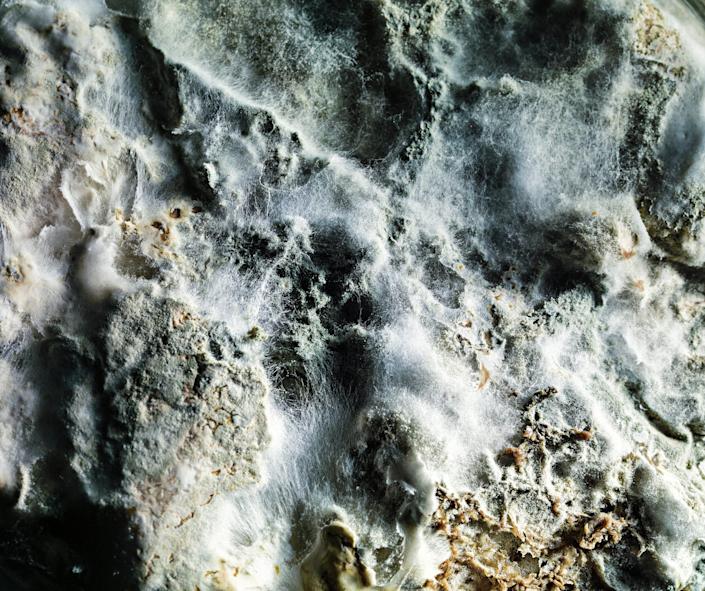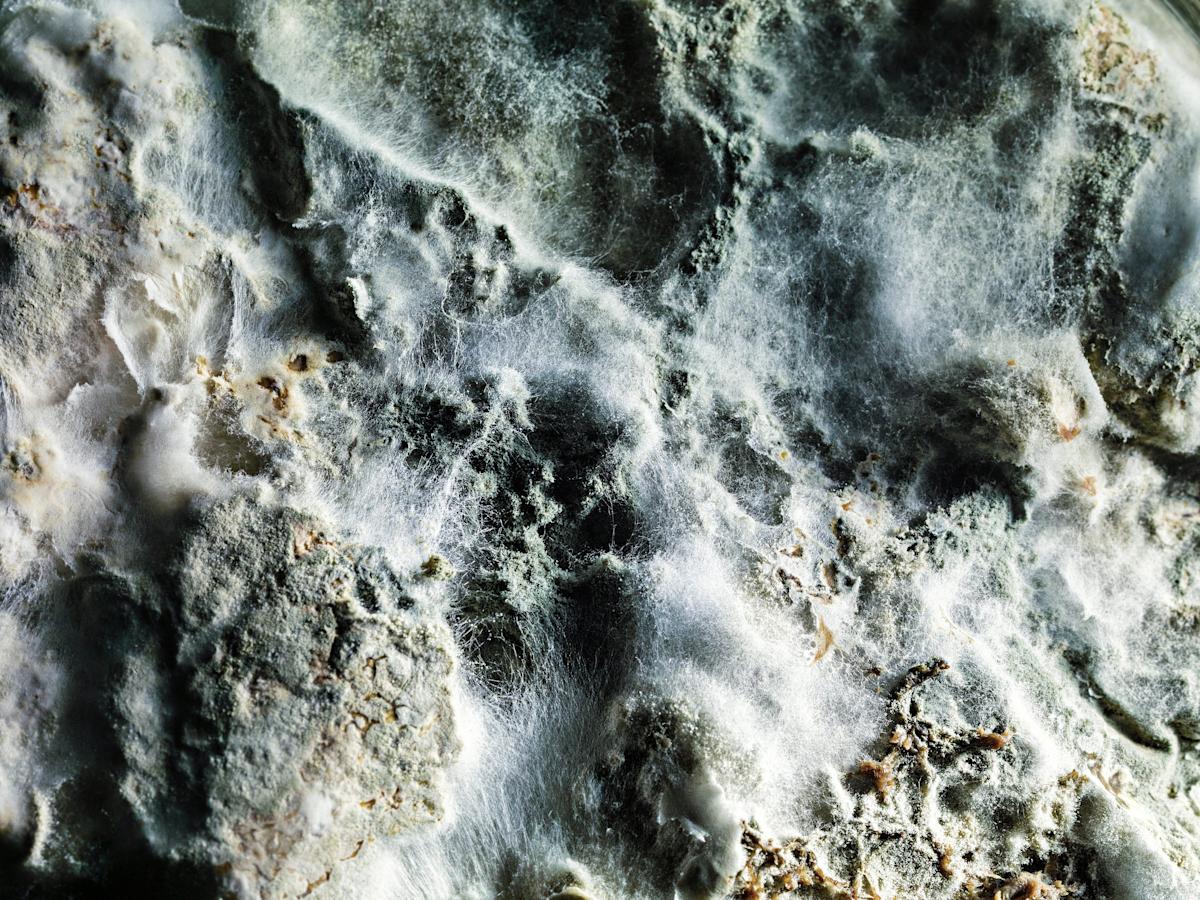People are getting sick from drug-resistant mold found in their flower beds and compost bins, scientists say

Close up of mold growth.Jonathan Knowles/Getty Images
- Scientists have confirmed a link between drug-resistant fungi in the environment and in human lungs.
- Environmental molds can cause lung infections in people with vulnerable immune systems.
- Some molds have developed drug resistance from agricultural exposures, which makes fungal infections more difficult to treat.
Researchers from Imperial College London have confirmed that drug-resistant mold infections from gardens, homes and farms cause persistent and life-threatening illnesses in humans.
Molds like Aspergillus fumigatus are ubiquitous in the world, so the average person’s immune system is adept at recognizing and eliminating inhaled mold spores.
However, drug-resistant mold strains are on the rise worldwide, and the Imperial study, published Monday in the journal Nature Epidemiology, identifies a likely driving factor: exposure to agricultural fungicides.
While a high dose of fungicide kills a mold like Aspergillus, gradual environmental exposure can set the stage for drug resistance, Johanna Rhodes, a genomic epidemiology researcher at Imperial, told Insider.
“It’s a bit like getting a tan gradually,” said Rhodes, the study’s lead author. “If exposed a little at a time, it will slowly develop resistance.”
The study is one of the first to confirm that people can catch drug-resistant fungal infections in their everyday environment.
To interrogate the connection, Rhodes and his team collected and analyzed more than 100 Aspergillus samples from infected patients in England, Wales, Scotland and Ireland between 2005 and 2017. They also sequenced mold samples from environment of these patients and compared them for matches.
For some patients, samples of Aspergillus taken from the lungs were nearly identical to spores found in nearby soil or other environmental sources, selected based on hospital location. In six separate cases, drug-resistant aspergillosis infections could be traced back to the patient’s environment with a high level of confidence.
Fungi develop drug resistance
Researchers like Rhodes are particularly interested in tracking drug-resistant mold strains, which are on the rise around the world.
Normal Aspergillus infections sicken 10 to 20 million people worldwide, according to estimates cited in the study. The infection is usually treated with a class of antifungal drugs called azoles, but emerging drug resistance is a growing threat.
Almost half of the samples collected in the UK-based study were resistant to at least one first-line antifungal drug, and more than 10% of the samples (including three from patients) had developed resistance to two or more azole drugs.
Although drug resistance can emerge during treatment in a hospital setting, the authors concluded that the fungi in question had developed resistance before they infiltrated human lungs, which steered them toward agricultural fungicides. .
Antifungal resistance can be life-threatening for patients with weakened immune systems, whether they are taking immunosuppressive drugs or managing an autoimmune disease. Studies have found a 25% increase in mortality three months after infection with drug-resistant Aspergillus compared to those with typical, treatable fungal infections.
How to avoid mold inhalation in your house and in your garden
Like many fungi, Aspergillus thrives in decaying environments. Soil beds, compost bins, and rotting wood are great places for fungal growth, and mold spores can become airborne and spread to new environments.
Drug-resistant Aspergillus is virtually everywhere, Rhodes said, because the spores can travel through the air and transfer genetic material to wild colonies of Aspergillus that have never encountered azoles.
Because the risk of exposure is so widespread, the authors call for better monitoring of drug-resistant fungal strains.
While the average person can’t sequence mold spores from their garden, Rhodes recommended leaving windows open to prevent a buildup of Aspergillus in the home, as well as to eliminate other pathogens like the coronavirus. N95 face masks acquired during the COVID-19 pandemic may also work to prevent inhalation of spores while gardening or handling compost.
Read the original Insider article
#People #sick #drugresistant #mold #flower #beds #compost #bins #scientists






